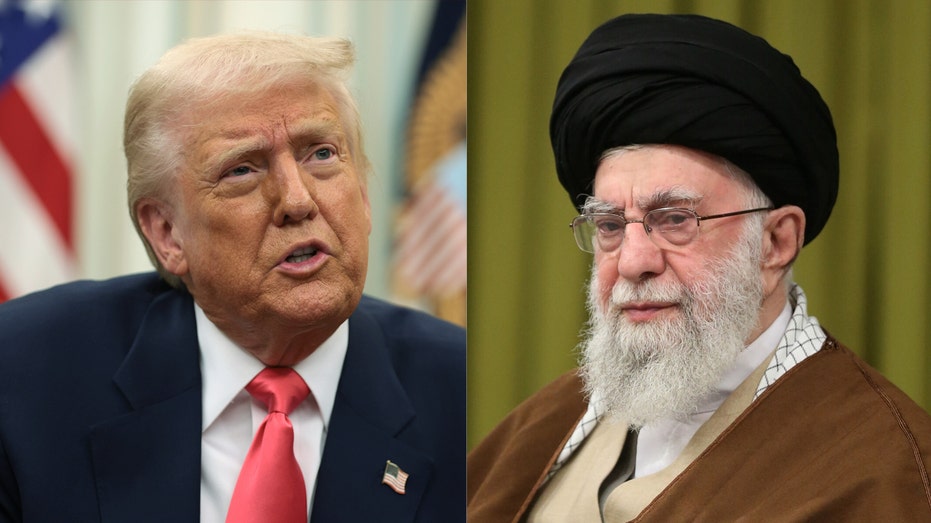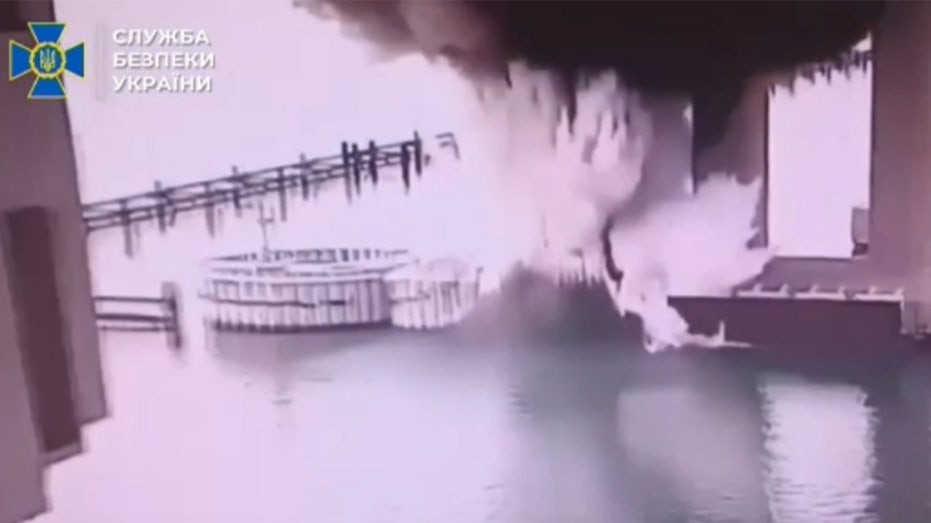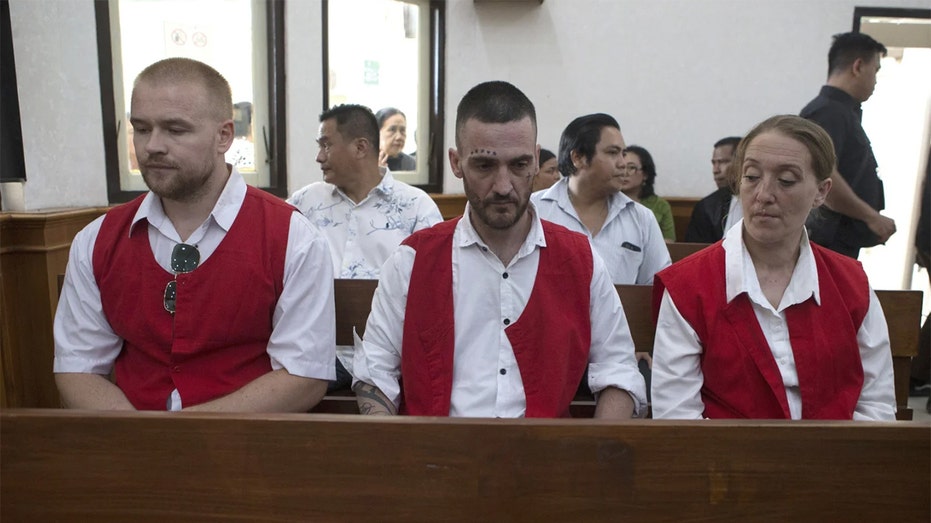Iran's Supreme Leader Rejects Nuclear Talks with US After Trump's Overtures

Sarah Johnson
March 9, 2025
Brief
Iran's Supreme Leader Khamenei rejects U.S. nuclear negotiations, citing unacceptable demands on missiles and influence, amid escalating tensions and ongoing disputes over an abducted FBI agent.
Iran's Supreme Leader Ayatollah Ali Khamenei has firmly shut the door on nuclear negotiations with the United States, following President Donald Trump's latest attempt to bring Tehran to the table. Khamenei cited U.S. demands about Iran's missile range and regional influence as reasons for his refusal.
In a series of posts on X (formerly Twitter), Khamenei labeled the U.S. government as "coercive" and claimed that negotiations were merely a tool for Washington to impose new demands. "Such negotiations aren't aimed at solving issues," Khamenei wrote. "Their aim is to exert their dominance and impose what they want." He further highlighted that the demands targeted Iran's defense and international capabilities, which he deemed unacceptable.
Khamenei's remarks came just a day after President Trump revealed that he had sent a letter to the Iranian leader urging a nuclear agreement. Trump, while speaking to reporters, expressed hope to avoid military intervention, stating that the U.S. was "down to the final moments" in its dealings with Iran.
The Iranian leader was unequivocal in his rejection of the U.S. stance, saying, "Telling us not to do this, not to meet that person, not to go there, not to produce this, and to limit the range of our missiles to a certain extent – how could anyone accept such things?"
Meanwhile, the Trump administration reiterated its hardline position through National Security Council spokesman Brian Hughes, who emphasized that Iran should prioritize its people over "terror." Hughes also underscored Trump's stark message: "There are two ways Iran can be handled: militarily or by making a deal."
Behnam Ben Taleblu, an expert on Iran with the Foundation for Defense of Democracies, warned that Tehran might be setting a diplomatic trap for Washington. He suggested that Iran's strategy was to prolong talks while covertly advancing its nuclear ambitions. "Tehran has set a trap... hoping to blunt maximum pressure and dampen the credibility of an American or Israeli military option," Taleblu stated.
President Trump has previously claimed that Iran was "close" to developing a nuclear weapon, a possibility he vowed to prevent. His administration's "maximum pressure" campaign has leaned heavily on economic sanctions aimed at crippling Iran's oil exports.
The timing of these exchanges is poignant, as they coincide with the 18th anniversary of the abduction of retired FBI Special Agent Robert "Bob" Levinson from Kish Island, Iran. The FBI and the State Department have continued their efforts to locate Levinson, offering substantial rewards for information leading to his recovery and the apprehension of those responsible for his disappearance.
In a recent social media post, the FBI highlighted two Iranian intelligence officers allegedly involved in Levinson's abduction, further emphasizing the long-standing tensions between the U.S. and Iran.
Topics
Editor's Comments
Khamenei’s refusal to negotiate could be seen as a chess move in a high-stakes game, but let’s not forget the wild card here – Trump’s ‘maximum pressure’ approach. It’s like trying to force a cat into a bath; you’re guaranteed resistance, and possibly a scratch or two. How this dynamic plays out will have lasting implications, not just for U.S.-Iran relations but for global stability.
Like this article? Share it with your friends!
If you find this article interesting, feel free to share it with your friends!
Thank you for your support! Sharing is the greatest encouragement for us.



